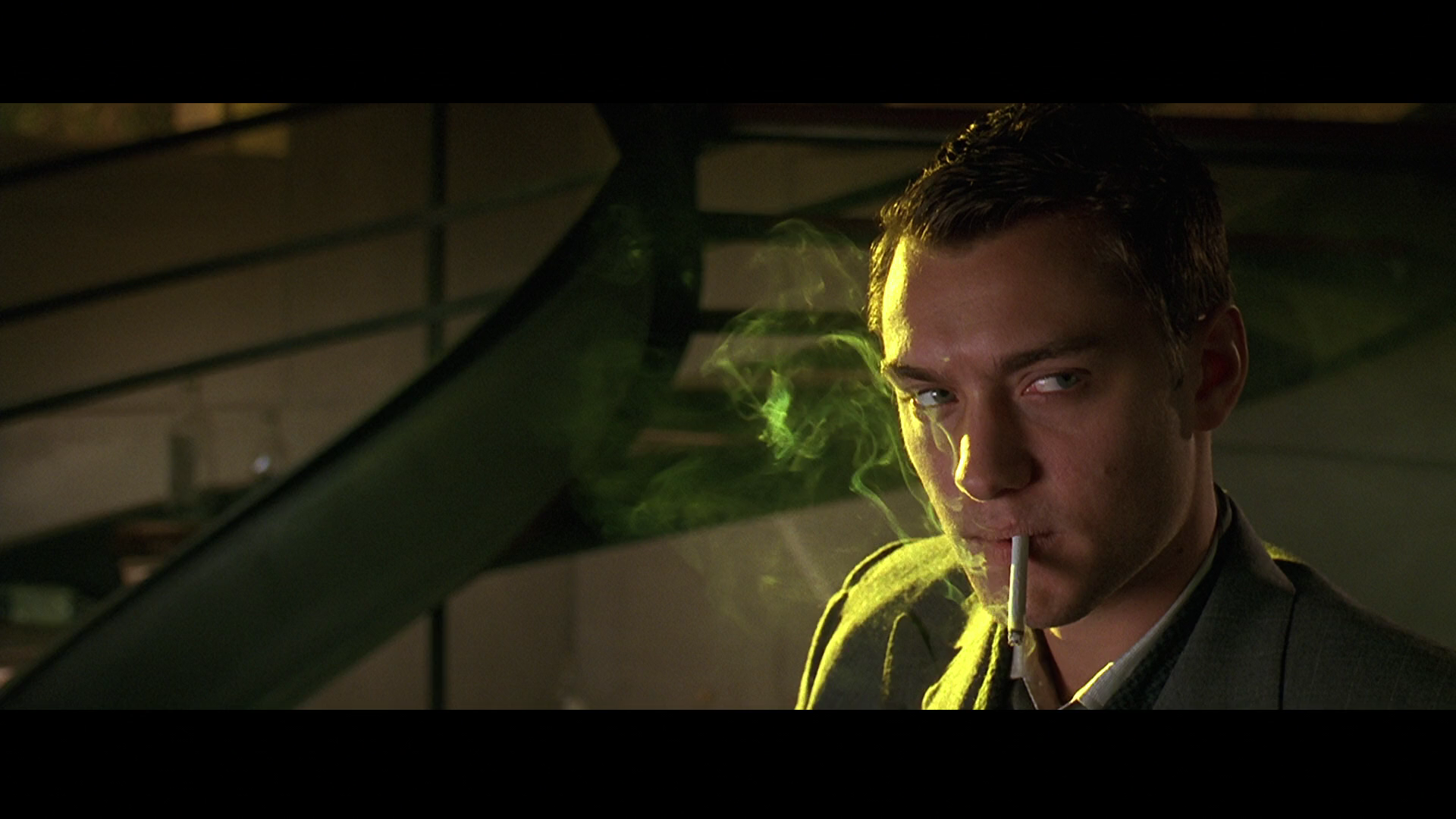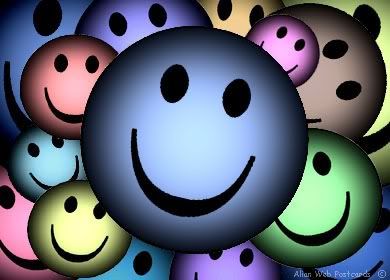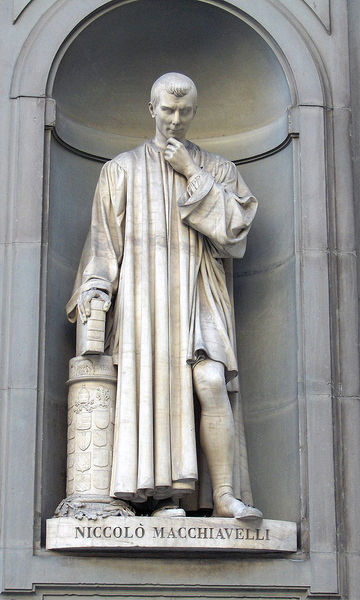I found Gattaca's premise to be very
interesting, and a little bit unsettling. Most of the other utopias
we've read about seem to be based on a mixture of soft science and,
in the case of 1984, over the top evil. There's very little of either
here. The unseen higher ups who have imposed the strictest genetic
standards to any hopefuls that wish to apply to Gattaca Aerospace
Corporation have real, relatable motives. They want good employees,
and the best return on their investments. They don't want an employee
who's going to suddenly descend into depression, or die when their
heart stops in space. It's all very reasonable.
But, “reasonable” and “right”
are two very different things. One of the reasons why is shown right
in the beginning of the movie. When Vincent is born, and his blood is
analyzed, a machine rattles off all the different things he is
genetically predisposed to. It can only predict. The machine cannot
say “This boy WILL have manic depression, he WILL have ADHD, he
WILL have myopia.” It also gives a life expectancy, but it cannot
say “This boy WILL die after exactly 30 years of life.” It can
only predict.
 |
| Picture is not particularly related. These two are just very attractive. |
If you have the genes for blue eyes and
brown hair, you will have blue eyes and brown hair. It's simple.
Mental disorders are trickier. Environment often plays a crucial part
in deciding who's afflicted and who's not. Let's say, for example,
that Vince has around a six percent chance of developing
schizophrenia. That chance will be affected by his early living
environment, and whether he uses drugs or alcohol.
In another example, lets say that Vince
has Huntington's disease. Currently, he is asymptomatic. The symptoms
of Huntington's disease usually begin between 35 and 44 years of age.
Eventually, Vince's muscles will begin to degrade, and he will be
subject to increasingly severe psychotic episodes. Does that mean
that Gattaca Aerospace Corporation is justified in not hiring him in
his 20's? Should a health insurance company be able to deny him
coverage? These aren't easy questions. People are grappling with them
right now, in 2013. I'm not sure we'll have the answers by the time
Gattaca's easy, accurate genetic testing comes into existence.
 |
| So pretty. *Swoon* |
Gattaca brings up
a lot of interesting and thought provoking questions. However, I find
its commentary on discrimination to be a little bit hard to take
seriously by the end of the movie. It gives a long story on why
discrimination and prejudice is wrong, and then the writers show a
few of their own prejudices. The Director gives himself up for the
murder once it is clear that the launch cannot be stopped. Because
he's old, his only dream was to see the launch happen. He doesn't
care about dying in jail, or about living out a happy retirement.
Because he's old, he doesn't really seem to care about his life at
all. The writing reeks of ageism. And then we have Jerome. Poor,
poor Jerome. After he helps Vince fulfill his dream, he has nothing
left to live for, and he kills himself. After all, his legs don't
work. What could he possibly have to live for? The flames he
immolates himself in are superimposed with the rocket's takeoff.
Dramatic music plays. It seems like the film agrees with Jerome
killing himself. So Vince is able to overcome bad genes, but Jerome
can't overcome paralysis? I know Jerome's failure is significant
because he was genetically engineered to be the best of the best, but
the whole thing still leaves a bad taste in my mouth. (Matt, who was
watching the movie with me, spent that entire scene singing “I set
fire, to myseeeeelf, sat and burned while you went to space” to
the tune of Adele's Set Fire to the Rain. It didn't help my opinion
of the movie very much. Another story, ect, ect)
Gattca has, in
theory, eliminated some types of prejudices and replaced them with
others. Who your family is and the connections you have no longer
matter. Now, you are judged only by your genes. It's different, but I
don't know if it's more or less fair.
 |
| I lied. Seriously, look at this man's pretty pouty face. |
(All pictures screenshot from Gattca.)




















